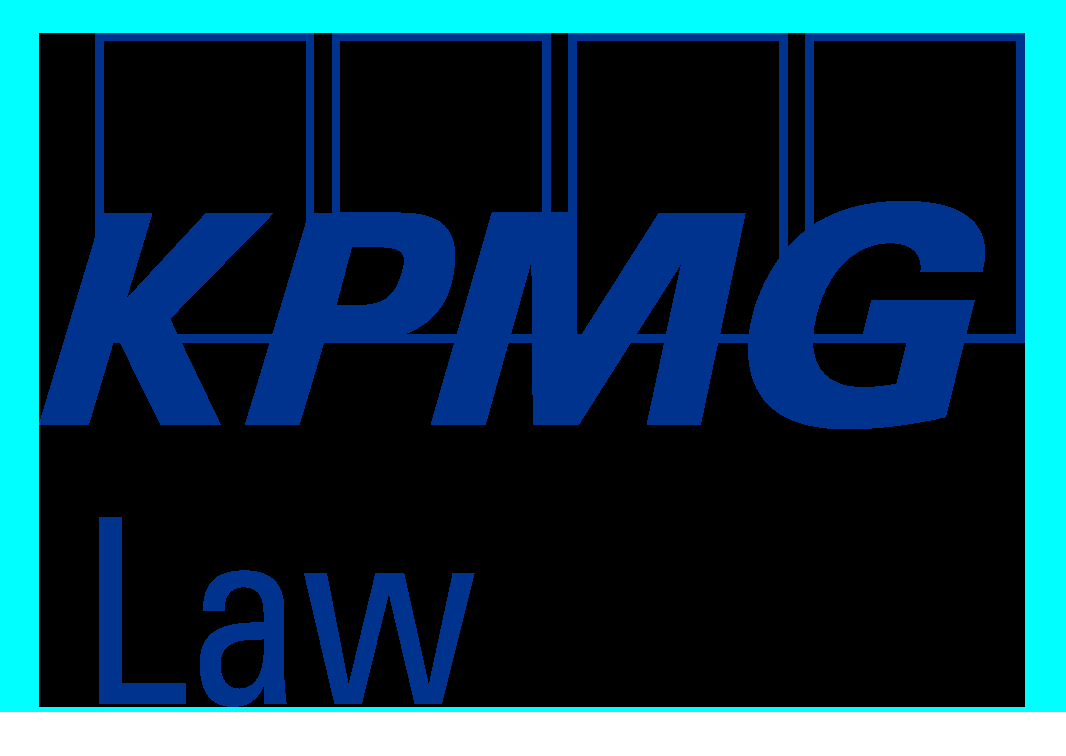On 7 February 2022, the Court of Appeal of Ghent ruled on a case concerning an alleged infringement of an artist's copyright by a furniture manufacturer and distributor. The Court confirmed the burden of proof on the author of a work and reiterated that copyright protection does not extend to ideas, procedures, methods, or mathematical concepts as such.
The facts underlying the case were as follows: An artist filed a claim against a Belgian furniture manufacturer and distributor. In his claim, the artist stated that the furniture manufacturer was infringing his copyright by offering an (alleged) illegal reproduction of a work by the artist for sale. The artist claimed the (alleged) original work is characterized by a creation and processing of folded strips of paper, which are brought together in a certain configuration and arrangement in a (plexi) glass frame.
The judge at first instance (Commercial Court of Ghent) ruled in favor of the furniture manufacturer and dismissed the claim. The artist lodged an appeal against this judgment.
In its ruling, the Court of Appeal reiterated that for the artist to enjoy copyright protection on his work, it is necessary for him to prove that his creations are the expression of his own intellectual creation.
In this case, the Court ruled that the artist was not claiming copyright protection for one specific work, but for a series of works in the same line. The Court of Appeal also states that it is not possible to find the alleged frame in (plexi) glass (which was one of the copyright claims of the artist) in any of the photographs submitted by the artist. The Court is of the opinion that the artist has failed in his burden of proof and did not show the originality of one specific work.
Furthermore, the artist also argued that the product offered by the furniture manufacturer is "a machine-made copy of the artist's “oeuvre". According to the Belgian dictionaries, "oeuvre" means the collective work of an artist or scholar. The Court concludes that the artist fails to prove the elements that would make a specific work original but sticks to a claim to the protection of a style/concept/method of a series of works, which falls outside the scope of copyright[1].
Conclusion
This ruling by the Court of appeal of Ghent reaffirms the importance of the burden of proof of the originality of a specific work, which implies that the author must prove sufficiently that his works are the expression of his intellectual effort.
[1] Article 9.2 of the Agreement on Trade-Related Aspects of Intellectual Property Rights (TRIPS) of 15 April 1994 states that copyright protection extends to forms of expression and not to ideas, procedures, methods of operation or mathematical concepts as such.
Related news
How can we help?
Discover our expertise











